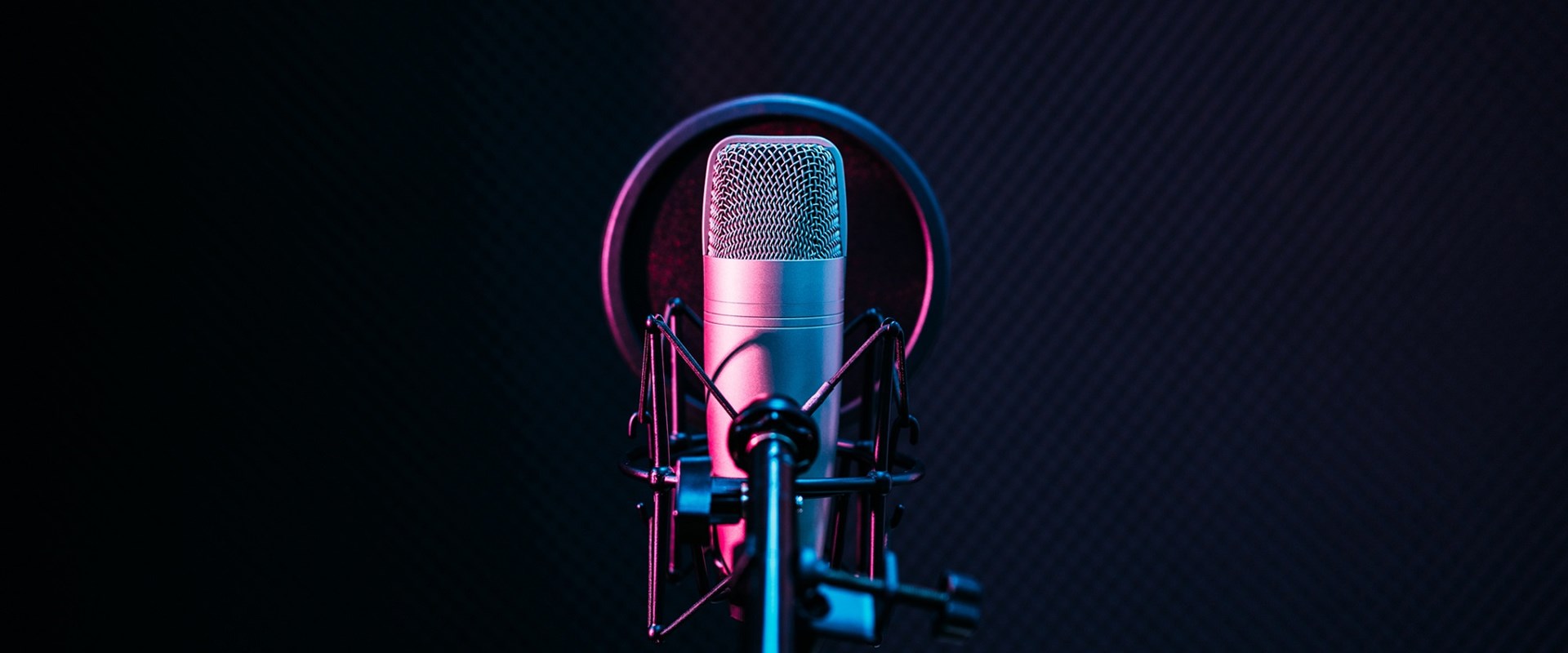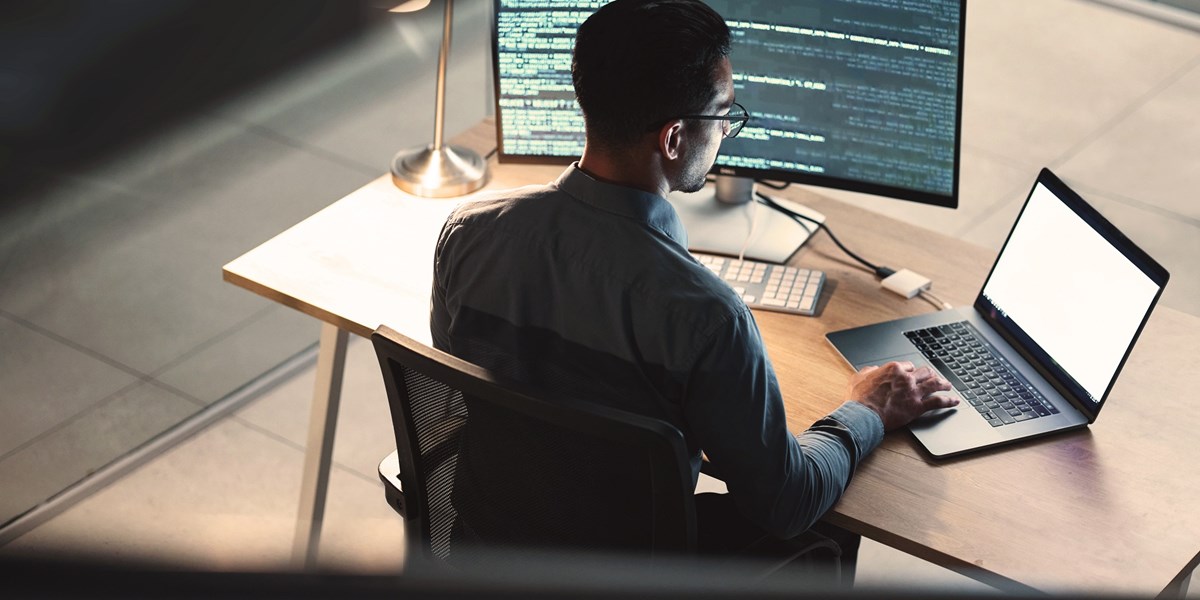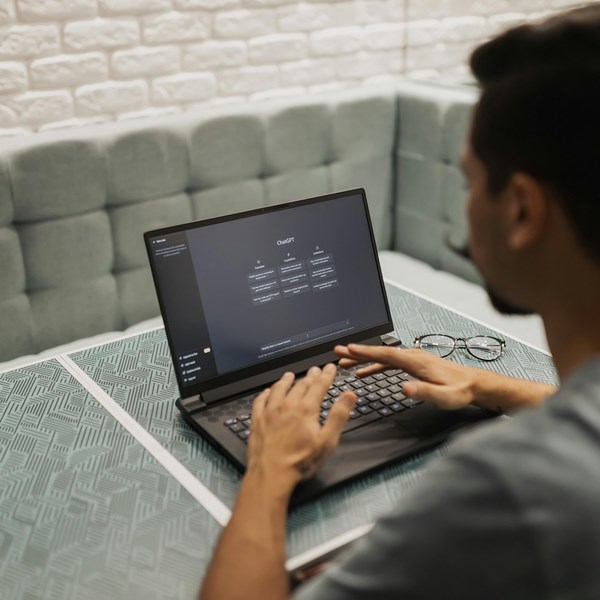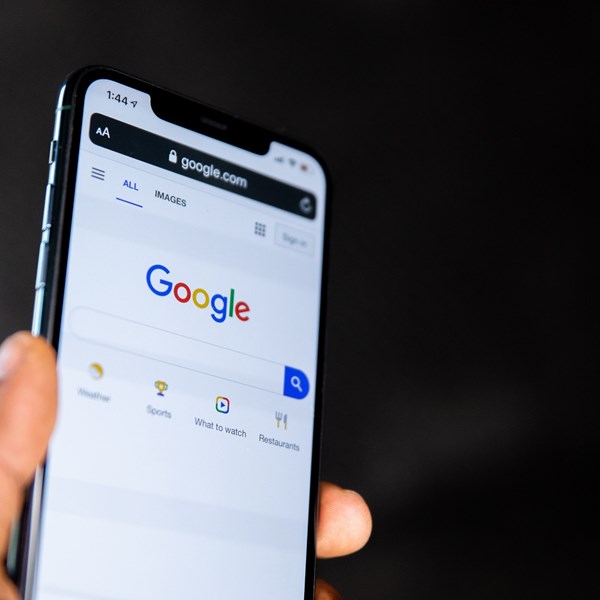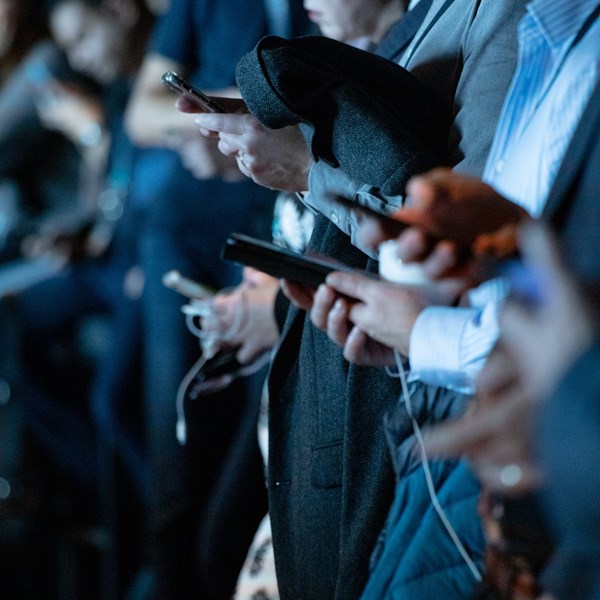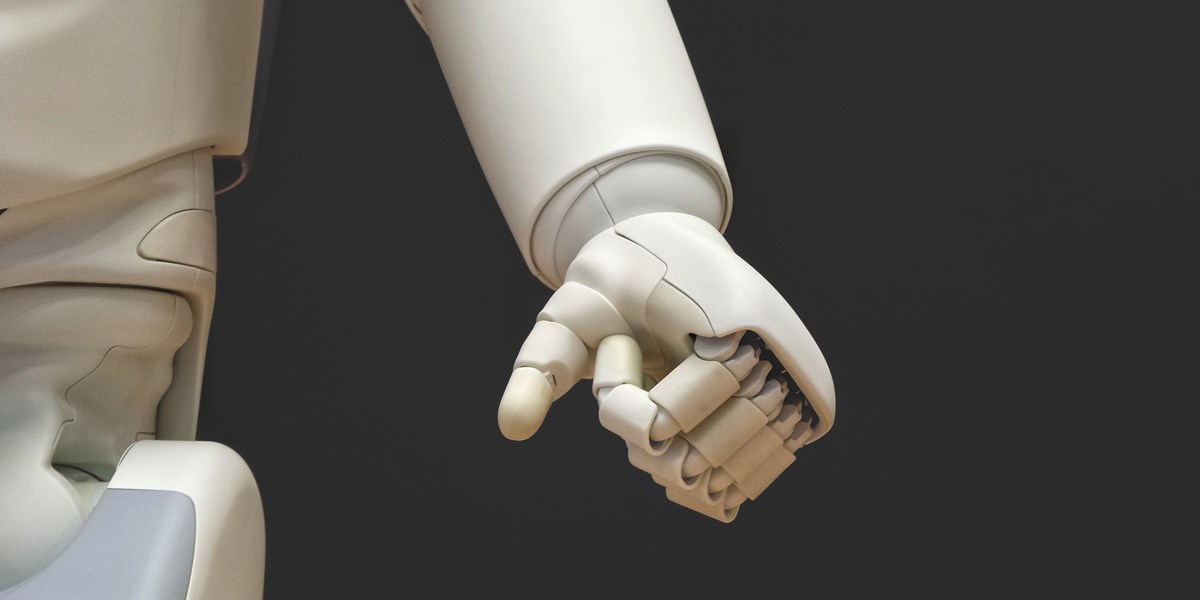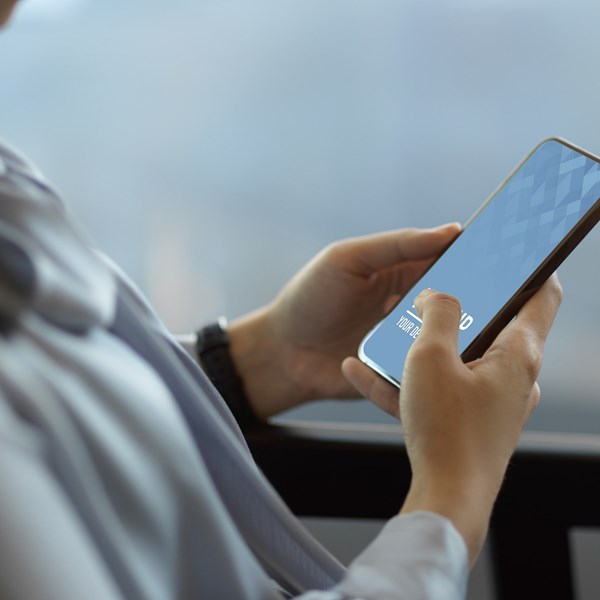Google and Universal Music are, according to the Financial Times, in negotiations which may lead to the development of a platform whose users can create AI-generated music under licence, allowing them to utilise the voices and (for want of a better term) "style" of Universal artists.
COPYRIGHT
This crystallises some of the most difficult and important (and still unresolved) questions relating to AI and the creative industry. In particular, copyright only subsists in "original" subject matter; that is, subject matter which is the intellectual creation of its author.
It seems unlikely that a musician's voice alone (outside of the context of specific melodies or lyrics) can be considered their intellectual creation - it is what they are born with or, at most, train to develop. Arguably, a musician's "style" is too imprecise to attract copyright protection.
In all likelihood, the deal will be that Google may train its AI on Universal's music, the idea being that if Google is the only AI trained on (e.g.) Drake, it should be the only AI capable of sounding like Drake. However, this does not protect Drake's voice per se, and it remains unlikely that such protection is possible under current copyright law.
HOW CAN ARTISTS PROTECT THEIR VOICE?
Disputes are likely to blow out of this from every angle and their interaction will be worth keeping an eye on. Universal / Google (and other labels / licensed platforms) will likely enforce against unlicensed third-party platforms, asserting copyright (and no doubt trade marks). However, acknowledgement (correct or not) on the part of labels that copyright subsists in a distinctive voice may give artists ammunition to enforce that copyright against those labels.
This will of course depend on what the artist has licensed/assigned to the label. Labels, presumably, will argue that the transfer of copyright in an artist's music includes the transfer of copyright in an artist's voice. Artists, presumably, will argue the opposite. It may well be the case that different contracts will be interpreted differently, not only on the basis of its wording but its context. A contract signed 30 years ago probably did not envisage use of this sort; one signed 6 months ago might have done.
If a label acknowledges the existence of rights in voice, might an artist have an argument under their moral rights (perhaps paternity or derogatory treatment)? Moral rights cannot be assigned (but are often waived). This argument may be stronger in certain European territories such as France where droit d'auteur are guarded relatively heavily.
An artist might also be able to argue passing off, on a similar basis to the Rihanna or Eddie Irvine cases. That is, that an artist licenses their voice to a label for money, and therefore accrues goodwill in their voice, and any attempt to represent vocals as being in an artist's voice when that is not the case creates damage to the artist's revenue.
Legislation is ultimately likely to be necessary to resolve the conflicting interests on each side.
JURISDICTIONAL DIFFERENCES
All of the above will vary by jurisdiction. The EU has largely taken a lead on relatively tight AI legislation to date and, as mentioned above, many EU territories are more protective of authors than civil law jurisdictions. While the EU's law obviously does not have legal effect outside of the EU, from a practical perspective if a jurisdiction the size of the EU offers musicians protection, it will be tricky for labels or platforms in other territories to exploit a musician's voice without aligning to EU requirements.
CONCLUSION
There are understandable concerns in the creative industries about AI platforms repurposing art to make profit. Universal and Google are, at least, trying to set up a licensing structure for these activities, so money flows back to the record label as (effectively) the rightsholder. This deal would also mean that the label is incentivised to enforce against a platform with no licence. What we don't know is whether and how Universal intend to compensate the artist for the use of their music to train an AI in this way.
There are so many questions to be answered as to whether the recreation of a voice (or of any art) constitutes copyright infringement, whether at the stage of training the AI or at the output stage, and we'll see all of these played out in litigation over the next couple of years. For now, artists could benefit from working to protect not only their copyright, but their brand as a whole, including by filing trade marks.
